Surrealist Meret Oppenheim in 5 Artworks
Exploring five works by female Surrealist Meret Oppenheim
Candy Bedworth 26 September 2024
25 August 2023 min Read
Erna Rosenstein was born Jewish. This fact weighed on her whole life because Rosenstein’s family lived in Lviv, Ukraine, and to complicate things even more, she turned 20 when Adolf Hitler rose to power in 1933. On top of that, she was a communist.
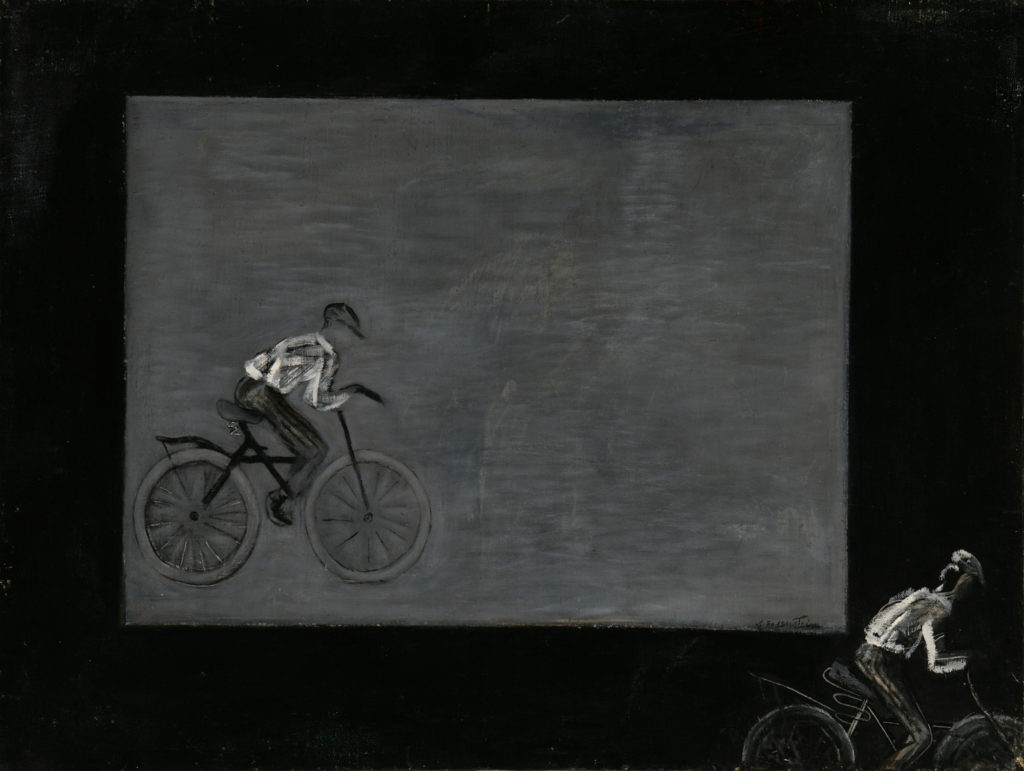
She set up a communist group in her school in Krakow, Poland, when her family moved there in 1918. Despite the financial troubles, her preoccupied parents decided to send her away to study law in Vienna, hoping she would forget the communist ideas. Of course, she didn’t, all the more, she joined the communist international club, got in charge of printing and distribution of leaflets, and quit law for the sake of painting.
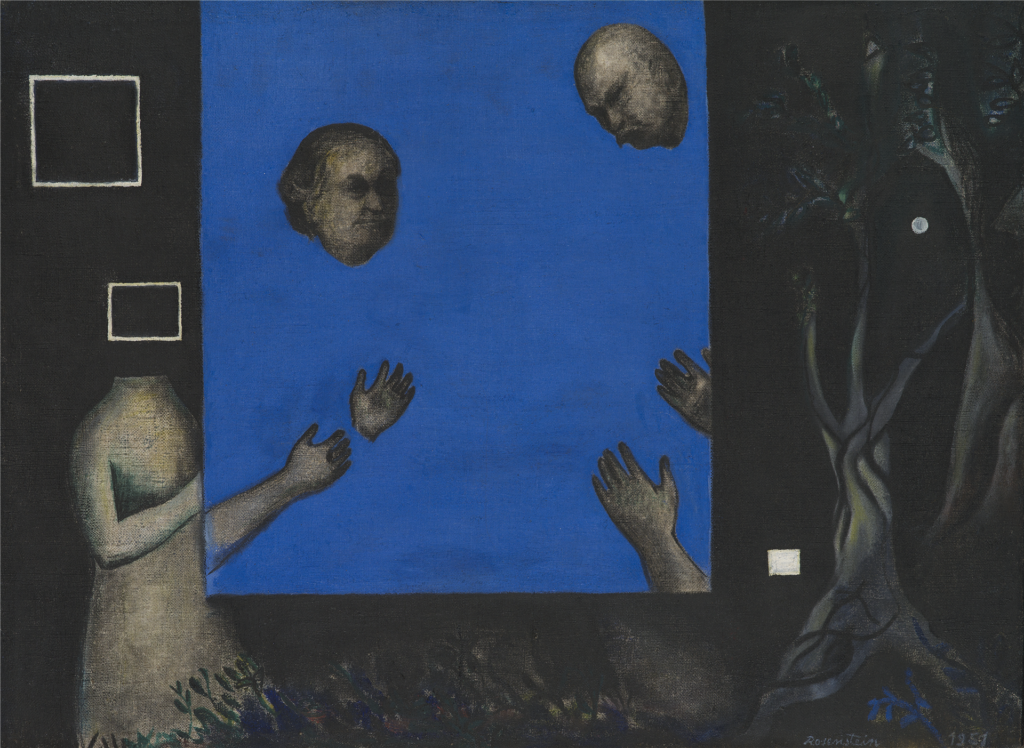
She returned to Krakow in 1938 to study at the Academy of Fine Arts and she made a trip to Paris where she saw the popular Surrealist exhibition organized by Marcel Duchamp, André Breton, and Paul Éluard. Who knows how her career would have developed after her return from France if she hadn’t been arrested for participating in the 1st of May demonstration? Luckily for her, the case was never closed because the war broke out, her family locked their flat in Krakow and returned to Lviv, hoping the war would be over soon.
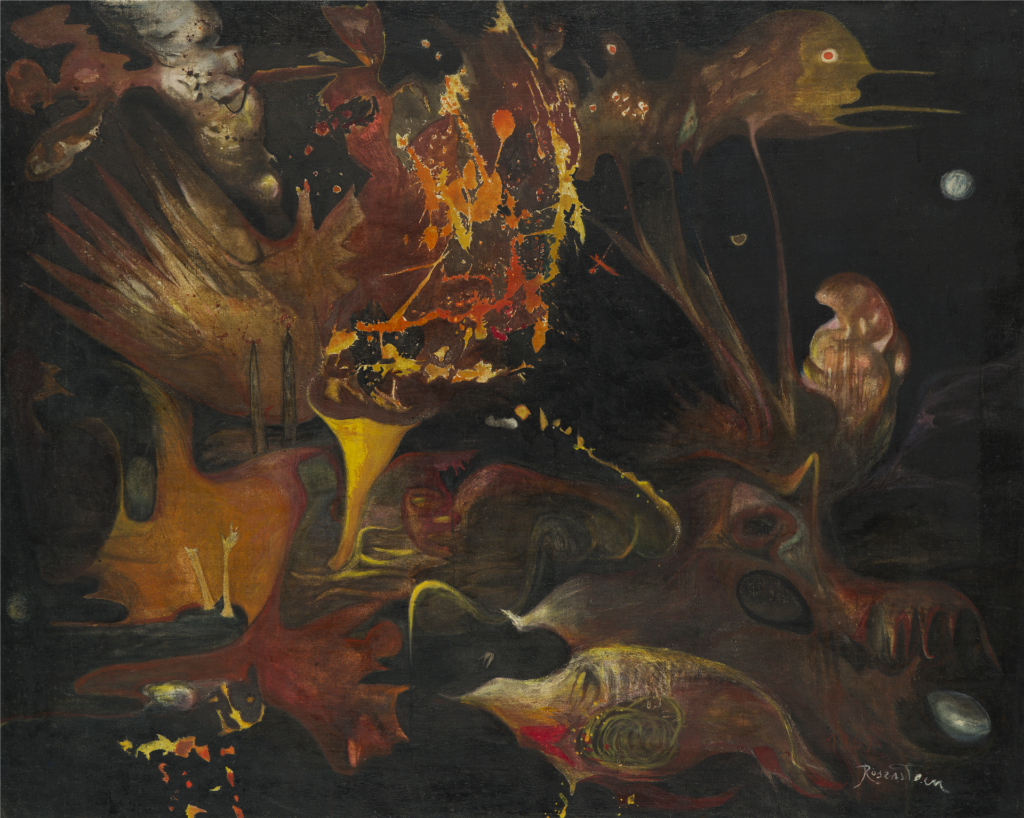
And then the real tragedy began: her family was shut off in the ghetto. First, it wasn’t too bad, they quickly organized false papers in case they had to flee and she even managed to run an art cooperative with her mother. When the times got rougher, the whole family escaped to Warsaw. But then, they were captured, and Rosenstein’s parents were murdered while she survived. The trauma of these events would never leave her and the only instrument she had to cope with the nightmare of remembering was art and poetry.
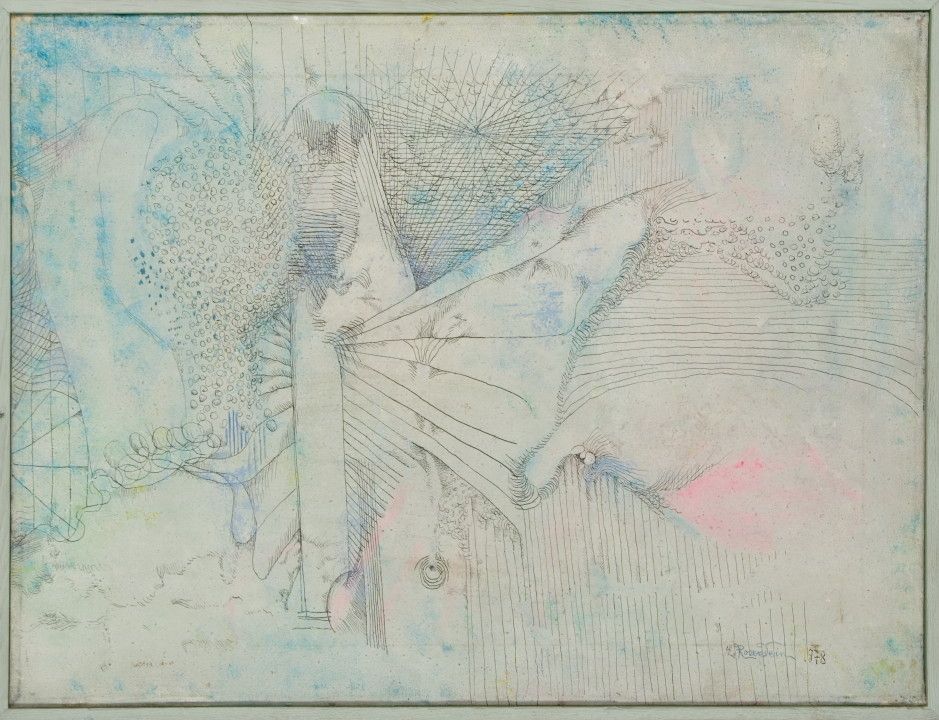
Although the war was over, Rosenstein had to change her name and identity numerous times to stay safe. She worked as a waitress or a seamstress, she moved towns and countries. Confronted with the socialist reality of post-war Poland, she changed her attitude towards Communism, especially that initially she was not even allowed to exhibit. Her fantastical works did not adhere to the only correct and acceptable style then, the socialist realism. It changed by the end of the 1960s, when she had her first exhibition, and in the 1970s when she received her first prize.
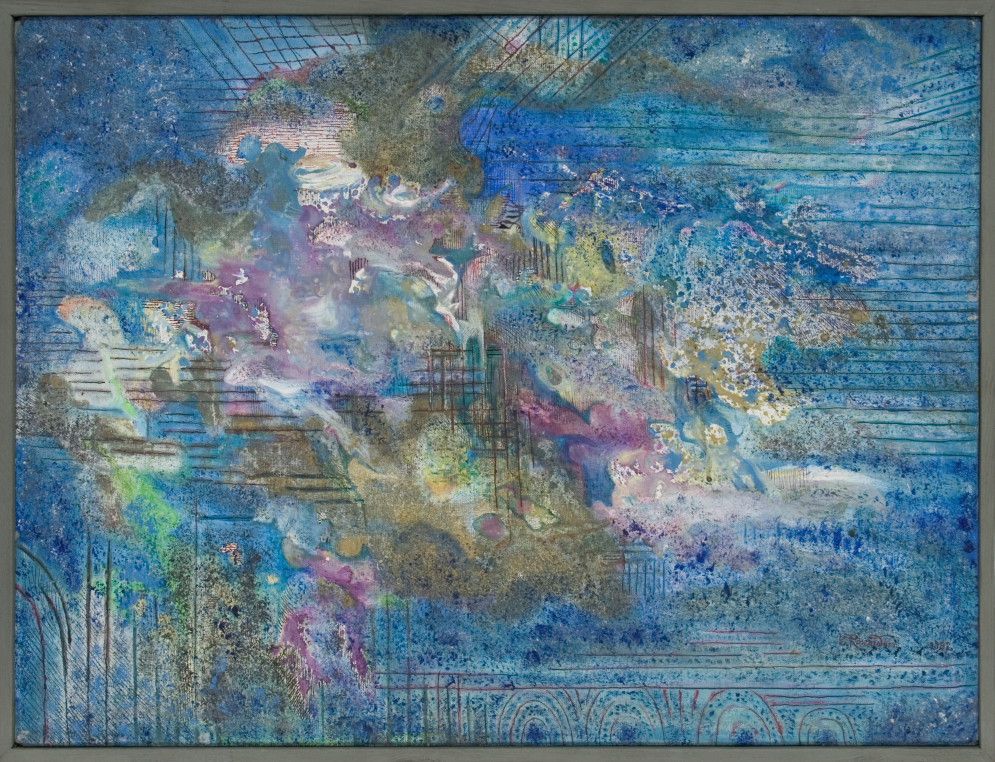
But why did I write that she was a Surrealist in a country where Surrealism didn’t exist? Well, Poland never really got a chance to experience the Surrealist spirit. The Surrealist Manifesto was published in 1924 when Polish art was dominated by the New Objectivity movement and Expressionism. Then, the aforementioned exhibition from 1938 could have changed something but in 1939 the war tore the country apart and official art-making ceased. When art academies took off after the war, socialist realism was the mainstream style and any other kind of art had to go underground.
DailyArt Magazine needs your support. Every contribution, however big or small, is very valuable for our future. Thanks to it, we will be able to sustain and grow the Magazine. Thank you for your help!